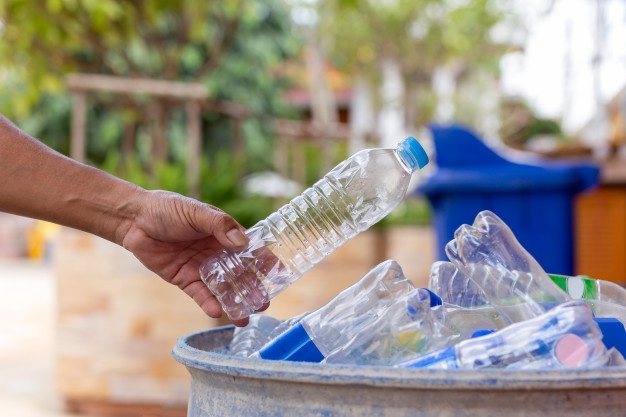 In commemoration of World Environment Day (WED), yesterday, Human and Environmental Development Agenda (HEDA Resource Centre) has canvassed immediate ban on Styrofoam plates and utensils in Nigeria.
In commemoration of World Environment Day (WED), yesterday, Human and Environmental Development Agenda (HEDA Resource Centre) has canvassed immediate ban on Styrofoam plates and utensils in Nigeria.
Styrofoam is a type of plastic that is often used to make objects that are lightweight like disposable cups, plates and others.
The call, according to the group, is to check environmental degradation and promote sustainable practices.
HEDA stressed the negative impact of single-use Styrofoam plates, cups and similar utensils on the environment. It highlighted how the material’s durability and non-biodegradable nature significantly contribute to environmental pollution and pose a threat to human health.
The Executive Secretary, Sulaimon Arigbabu, underscored the importance of Nigeria taking decisive action against usage of Styrofoam plates and utensils usage to protect the environment and secure a sustainable future.
The HEDA boss explained that Styrofoam takes hundreds of years to decompose, leading to clogged waterways, rivers and drainage systems, which in turn, cause flooding and water pollution.
He noted that marine life, particularly aquatic animals, suffers the consequences of ingesting or becoming entangled in Styrofoam debris, resulting in injury, starvation and death.
Arigbabu underlined the need for aggressive enforcement of sanitation rules and behavioural change campaign to address irresponsible disposal of plastics, adding that the culture of using disposable Styrofoam plates have turned markets, garages and others into major sources of waste nuisance.
He urged implementation of Extended Producer Responsibility (EPR), a concept that holds producers accountable for entire lifecycle of their products, including their end-of-life management.
SIMILARY, Peace Point Development Foundation (PPDF) has challenged stakeholders to be actively involved in elimination of plastic pollution from the environment.
It charged both civil society actors around the globe and relevant government institutions “to urgently come together to take decisive actions towards reversing the trend of plastic pollution and other environmental degradation” in Nigeria and the world at large.
In a statement yesterday to celebrate this year’s WED, the Coordinator, Umo Isuaikoh, said the decisive action was inevitable to avert calamity that could meet humanity when the environment fights back.
He recalled that several researches have shown that plastic could take between 20 and 500 years to decompose, depending on the material structure and environmental factors, including sunlight exposure.
Isuaikoh went on: “It is obvious that plastic pollution is a threat to our environment. We see it litter our landscape and water bodies, causing serious harm to our marine life and other wildlife.
“Sadly, plastic bags block drainage systems, leading to flooding and as it releases toxins when burned.
“The environment is our surroundings, consisting of all living and non-living elements that interact with us each passing day. When the organisms and biomass are in a proper proportion at different tropics levels, the environment is said to be balance.”
He pointed out that human negative activities and natural hazards are factors that aid in disturbing the environmental balance.






